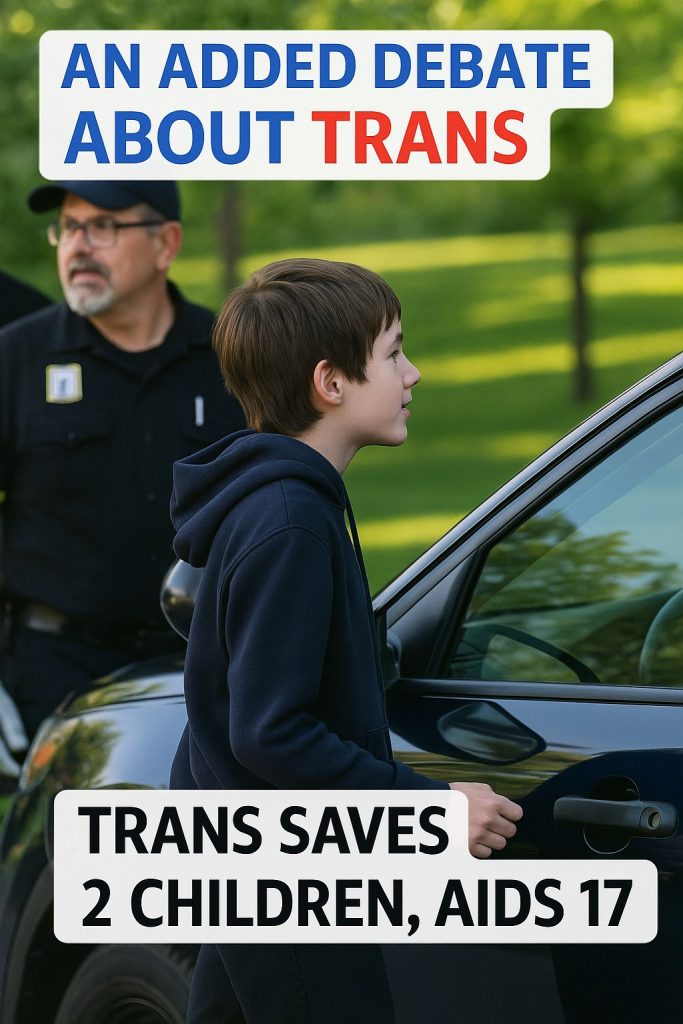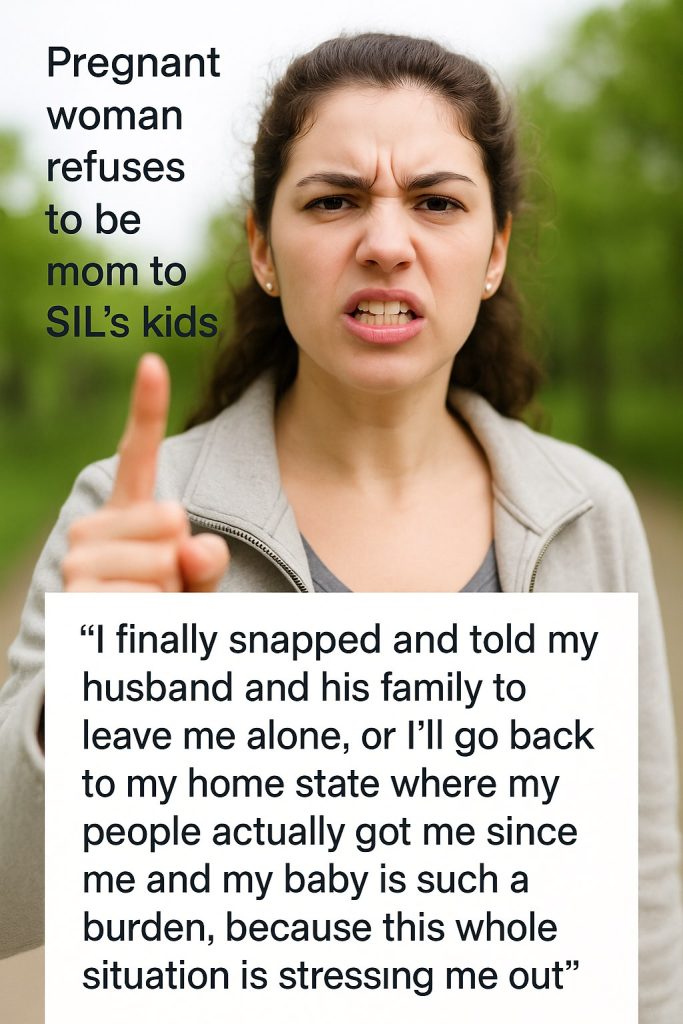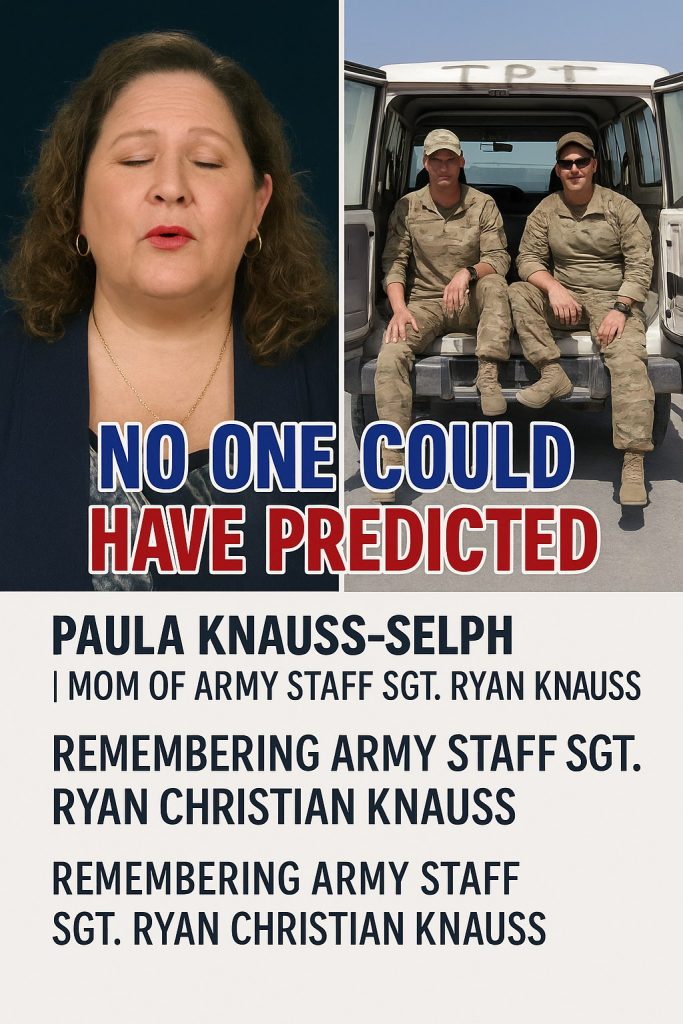Political commentator Byron York recently addressed a tragic shooting incident that occurred this summer in Minneapolis, underscoring its timing as a “terrible coincidence” aligned with the conclusion of the Democratic National Committee’s (DNC) annual summer meeting held in the city. The meeting was noted for its sharply critical discussions of former President Donald Trump, especially condemning his controversial anti-crime policies.
During his segment on “The Ingraham Angle,” York emphasized that the shooting incident—while unrelated to the political event—struck at a moment when many Democrats were vocally opposing Trump’s law-and-order initiatives. This juxtaposition, he argued, was striking and added a provocative layer to the ongoing national debate about crime, public safety, and political rhetoric.
The DNC summer meeting, which wrapped up in Minneapolis earlier this year, brought together party leaders, strategists, and activists. Throughout the conference, there was a concerted focus on criticizing Trump’s criminal justice approaches—particularly his policies that advocated increased policing, stricter sentencing, and tougher stances on violent crime. These measures, Trump supporters argue, have been essential in addressing rising crime rates nationwide, while opponents caution that such policies risk exacerbating systemic inequalities and issues within communities.
The Minneapolis shooting itself remains under investigation, but early reports confirmed it was a violent event causing significant alarm locally and adding to a growing national conversation about public safety in major cities. Minneapolis, a city that has been in the spotlight due to social justice movements and debates over policing, provided a dramatic backdrop for the DNC’s politically charged gathering.
York’s commentary reflects a broader pattern in which violent incidents are often viewed through a highly partisan lens, with each side using such events to bolster their respective policy arguments. To supporters of Trump’s anti-crime efforts, this shooting underscores the perceived necessity of strong law enforcement responses. Meanwhile, policymakers in the Democratic Party continue to advocate for reforms aimed at balancing public safety with civil rights protections and addressing root causes of violence.
The timing of the shooting, while coincidental according to York, highlights the emotional intensity surrounding the nation’s ongoing struggle to reconcile different visions for crime prevention. It also exemplifies how political narratives quickly intertwine with real-world tragedies to shape public discourse.
Following the incident, Minneapolis officials urged calm and promised transparent investigations. Community leaders called for solutions that prioritize both safety and justice, urging politicians to move beyond partisan conflict toward actionable policies that reduce violence sustainably.
As the 2024 election cycle intensifies, crime and public safety remain top-tier issues driving voter concern. This Minneapolis shooting, arriving just as the Democratic Party gathered to strategize their campaign, may serve as a flashpoint in discussions that shape the political landscape moving forward—especially as candidates articulate their stances on law enforcement and criminal justice reform.
In the midst of charged rhetoric and political maneuvering, voices like Byron York’s remind the nation that behind every statistic and political debate are real communities grappling with violence, loss, and the urgent need for effective solutions.



